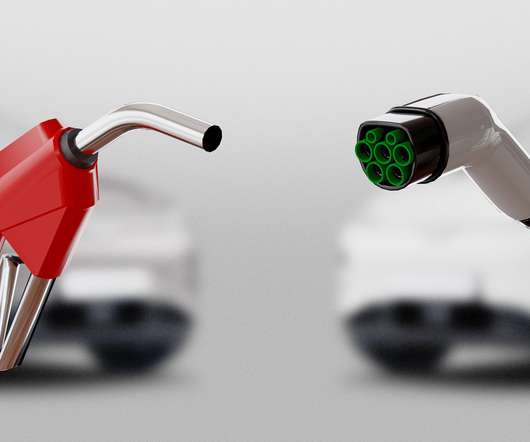UC Davis Researchers Suggest the Battery Problem Seen to Be Slowing Electric Drive Commercialization Is Perceptual as Well as Technological
Green Car Congress
MARCH 2, 2010
In a paper published in the journal Transport Policy , Jonn Axsen, Ken Kurani and Andrew Burke explore two aspects of the “ purported problem ” in the context of starting a market for plug-in hybrid vehicles (PHEVs): performance goals, and the abilities of present and near-term battery chemistries to meet those goals. Axsen et al.












Let's personalize your content